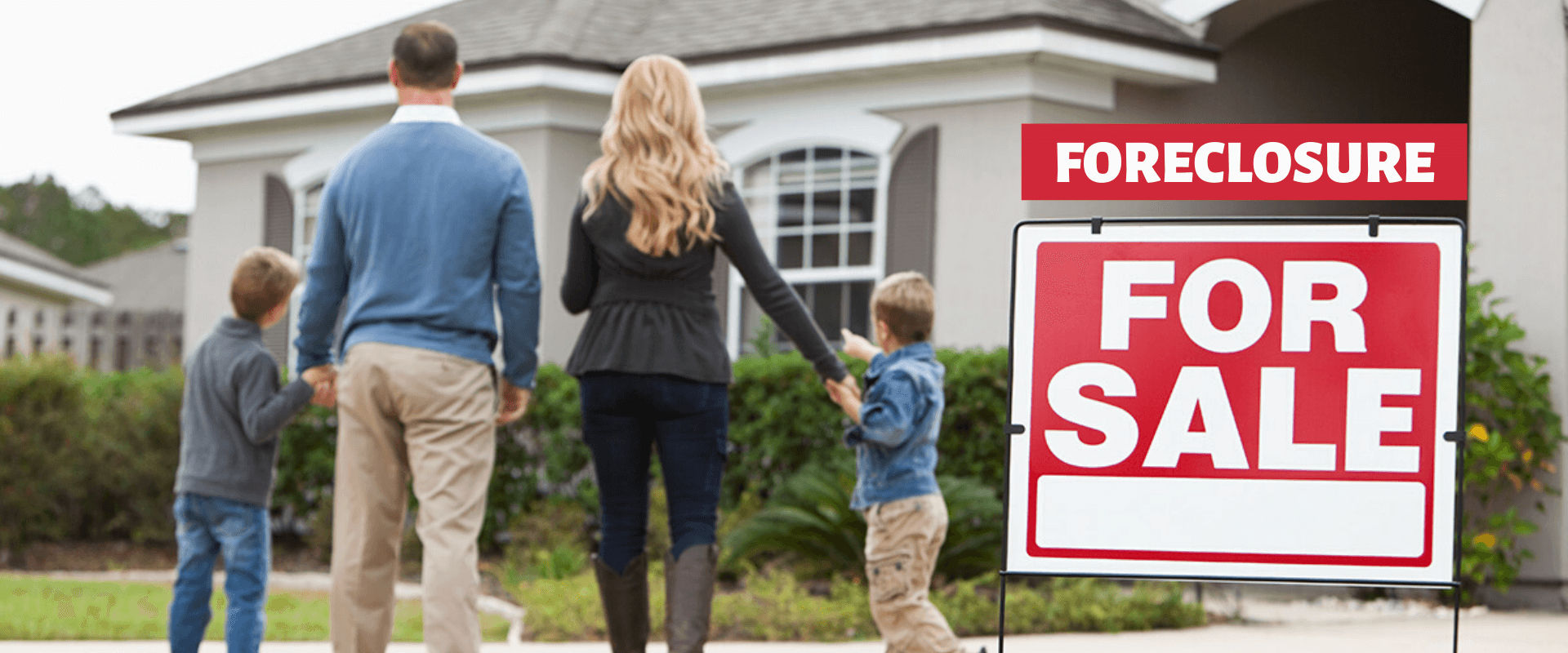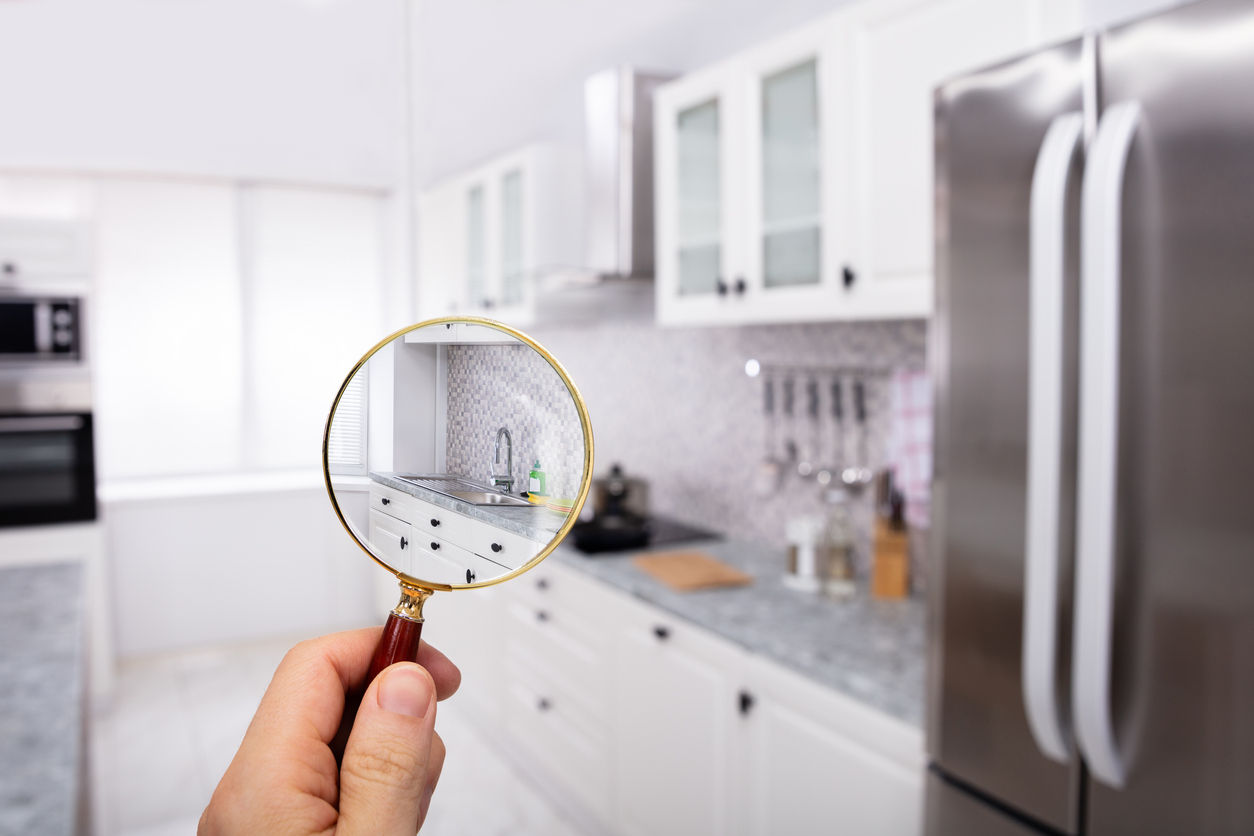How Does Foreclosure Work? (What You Need to Know)

You’re probably here because you’re wondering how foreclosure works. Foreclosure is when a house owner fails to pay their mortgage on time, which leads to banks or other lenders evicting them from the property. This can be a golden opportunity to get a deal on a property, but there are advantages and disadvantages to purchasing foreclosed homes.
Rising Number of Foreclosed Homes
Due to Covid-19, there were many protections placed upon new homeowners. This means that lenders, banks, or landlords were not able to evict their renters or mortgage holders.
With many of the protections ending on the 30th of June, there may be an increase in foreclosed properties on the market.
There are several types of foreclosure homes to learn, plus advantages and disadvantages to owning a home through foreclosure. In this article I will be covering how foreclosure works as well as its pros and cons.
Types of Foreclosed Homes
Judicial
A judicial foreclosure requires the mortgaged property to be held as collateral. This means that it is to be sold under the supervision of a court. It initiates when the lender files a lawsuit against the mortgage holder after the failure to pay dues.
In this type of foreclosure, what follows soon after the eviction is a ‘sheriff sale’. It constitutes a bidding sale system where the opening bid is always placed by the lender. The mortgage owner can take part in the bidding process but it is very unlikely that they’d succeed.
Non-Judicial
A non-judicial foreclosure doesn’t necessitate the involvement of a court. Instead, it allows the lender to advertise the property. Then they can sell it either at a public auction or via normal selling practices.
It is required that the mortgage holder needs to agree to the process when receiving the loan.
How does non-judicial foreclosure work? A power of sale clause is added into the initial agreement. In this case, giving the trustee an exclusive right to sell the property as collateral in case of missed payments.
Most states dictate that to begin this process, the lender first gives the borrower a ‘Notice of Default.’ This notice keeps the County Recorder’s office in the loop.
If the borrower takes no action in terms of resuming payments, a second notice is warranted; the “Notice of Trustee Sale” filed 30 to 120 days later. This notice sets the auction venue, date, and time.
Strict
Strict foreclosure is more similar to a judicial foreclosure. However, the court gives a strict directive to the borrower to make the remaining payments under a given time.
The lender gains the title of the property and isn’t obligated to sell it (in case of failure to do so). Strict foreclosures are an option only when the debt is “underwater”. Meaning that the debt owed surpasses the value of the property.
Advantages of Foreclosed Homes
With everything in real estate, there are some clear advantages and drawbacks. Here are a few of the advantages of buying a foreclosed property.
A Decreased Price
Foreclosed homes are sold at relatively lower prices. The banks are interested in getting rid of the house as quickly as possible to cover costs.
It is possible that foreclosed homes are sold for higher rates depending on the market. However, the majority are sold below their market value.
A Clear Title
Just because you’re buying a foreclosed property, doesn’t mean you’re taking on the mortgage. Or the previous owner’s backed-up taxes for that matter. Associated costs covered by the bank include: utility bills, taxes, and other additional costs.
When you purchase the home you will have your own mortgage costs. You will not need to deal with some of these extra costs.
The Bank Pays Commission
With the lenders and banks having to sell the property, they are in charge of the seller’s costs. This also includes auction costs and real estate agent commissions, making buying a foreclosed home much more attractive. You will have fewer costs to deal with and can focus purely on purchasing the property, rather than the other expenses.

Disadvantages of Buying Foreclosed Homes
The disadvantages of buying a foreclosed home can really drive you away from using this method. It is always important to learn about what can go wrong and how foreclosure works before purchasing a property.
Property Conditions
Unfortunately, banks don’t maintain foreclosed homes at all. They might be willing to go through the property or fence the house up to discourage vagrants from coming in. The condition of the home can be significantly low depending on the action of the previous owners.
With them having no obligation to let you inspect the house or manage the home in any way, it can significantly raise your level of uncertainty for the property’s value.
Additional Paperwork
Where normally your real estate agent handles all the necessary paperwork, but when it comes to banks they need you to complete additional paperwork. The paperwork you’ll need to complete ensures that you don’t hold them responsible for any future shortcomings in the house.
Lacking House History
A house history can show who owned the property, when it was built, and other important details. However, the bank is not obligated to disclose any house history or condition issues in the case of foreclosed homes. This further increases the chance of you getting the short end of the stick if you or your real estate agent aren’t careful.
Severe Competition
In the eyes of a bank, your story doesn’t matter. managers don’t get to know you, learn about your background, situation, etc. You’re simply a figure in a spreadsheet. Banks are more concerned with selling their asset at the highest possible price, so you might have to face severe competition when buying a foreclosed house.
For example, in a seller’s market, they might be able to sell significantly more than the actual value of the home due to the number of bids. So if you are going to bid high on a foreclosed home, you’ll want to consider the many risks involved.
How Does Foreclosure Work? (Final Thoughts)
For the best success in buying a foreclosed home, you’ll want the assistance of a top real estate agent in your area. They can help you through the process, handle paperwork, and ensure you are getting the best deal. Real estate agents are versed in all things real estate, including foreclosed homes.
At FastExpert, we have one of the largest directories of top real estate agents nearest you. Get started on your home buying journey today!




